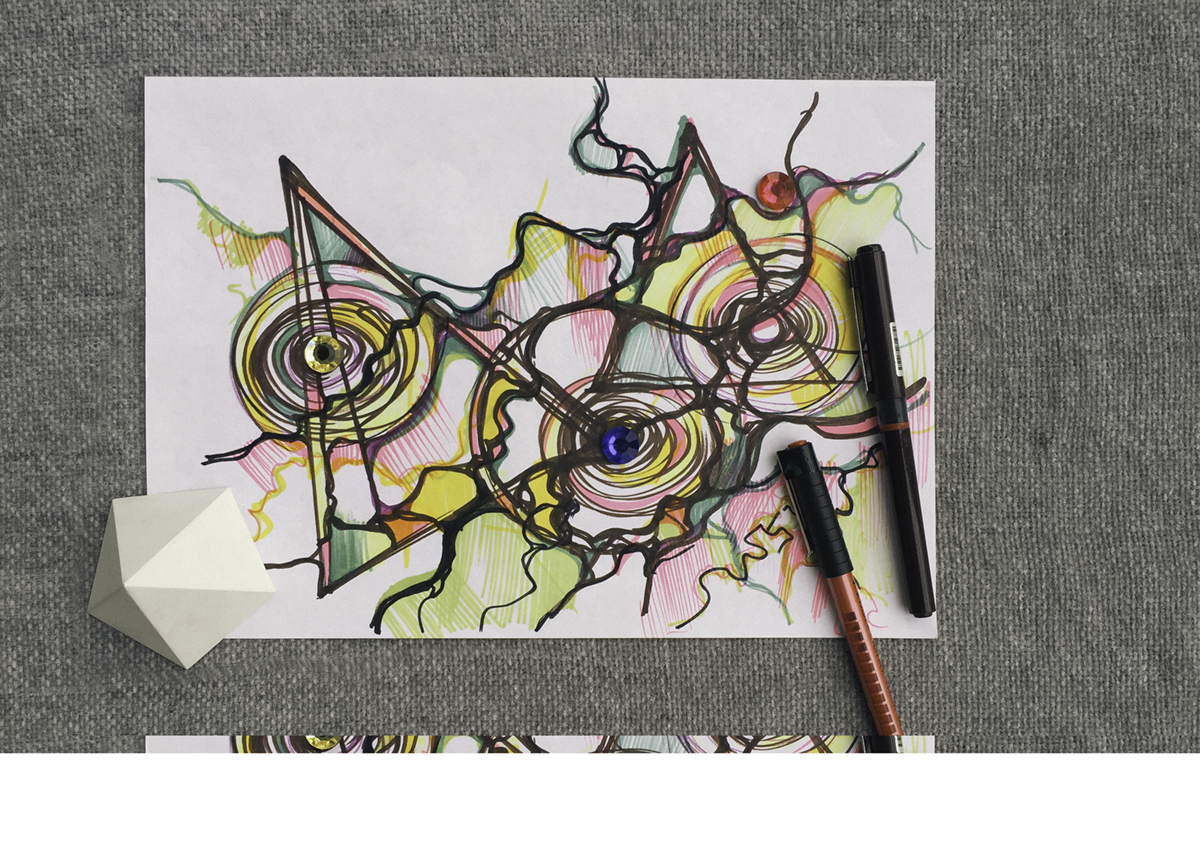
Many people find a solution for their problems through psychotherapy. Basically, psychotherapy is a process of helping people regain their feeling and positive perception of themselves, along with their own abilities, difficulties, worries and motivations, with the assistance of a therapist.
Depending on the type of the problem psychotherapy should solve, it can last for a defined period of time while it can also last for an infinite number of years.
Either way, psychotherapy is a process carried out by psychotherapists who are qualified in at least a single of many health professions such as psychiatry, psychology, nursing or psychotherapy. These experts are usually curious people who are non-judgmental, doing their best to help others.
Basic Elements of Psychotherapy
Speaking of psychotherapy as a system, we need to mention that there are many separate systems which exist together, forming this branch of science. First of all, psychotherapy is psychoanalytic, motivating the patient to express his/her own opinions without constraints, analyzing these and trying to solve the problems through this analysis.
Secondly, behavior psychotherapy deals with changing one's inappropriate habits in order to improve his/her mental responses, as well as social and emotional health.
There is yet another branch of psychotherapy, called cognitive behavioral, focusing on finding the maladaptive characteristics of a person, along with his/her appraisal, beliefs and reactions, using them in order to fix any possible behavioral or emotional problems.
If the system of psychotherapy is psychodynamic, it tries to reveal the problems in the psyche of the patient in order to get rid of it and trigger relaxation and disappearance of any problems. It is considered to be a less intensive alternative to the above mentioned psychoanalysis.
Existential psychotherapy is based on the notion that all human beings are alone in the world and that their own perception of happiness, along with a good, healthy system of values can keep them safe from mental problems, promoting this state of mind. Similarly, humanistic psychotherapy tries to revoke all the positive potentials within the client, motivating his/her flourishing in everyday activities and existence per se.
Many branches of psychotherapy which focus on approaching to the problem directly and effectively are called brief therapies. These do not focus on causes but, rather, on prevention and treatment.
Opposite of existential psychotherapy, there is systemic psychotherapy, perceiving all people as members of certain groups of people, in relationships of many different types. On the other hand, if the psychotherapy is transpersonal, it uses a spiritual approach for any form of treatment.
Finally, body psychotherapy connects all emotional and behavioral problems with bodily factors such as sexuality, musculature, patterns of breathing, physiology and others. Therefore, massage and bodily exercises are main parts of this psychotherapy.
Naturally, with every individual, the problems that psychotherapists face can vary. Subsequently, new approaches appear every year, broadening the aspects of this branch of science.
What to Expect in Psychotherapy?
Not all people feel comfortable when visiting their psychotherapist. However, certain guidelines can be useful during every therapy.
Basically, you are advised to feel relaxed and open when undergoing therapy sessions. If one therapist cannot make you feel this way, seek a different one. Keep in mind that therapy is a form of partnership where you are capable of making all the important decisions, setting goals and valuating your progress over a course of time, together with the person guiding you through the process.
Yet, you need to be completely honest and open during your sessions, sharing everything your therapist ask you to, accepting new ideas and methods of treatment, even though these might coincide with the ones you believe in. Of course, feel free to express your doubts and concerns, allowing the therapist to assist you timely. Keep in mind that following your treatment plan religiously is a must, so do your best to give your 100%.
However, do not get discouraged by the lack of results in some cases. Rather, keep in mind that the whole process takes effort, time and hard work. Concentrate on applying these in your contribution to the therapy and, believe that results will amaze you sooner or later.
In order to increase your contribution, learn more about your problem or the type of therapy you are undergoing. This way, you can boost your advancement towards overcoming your issues.
Keep in mind that sessions usually take place at the same time and place, every week or every fortnight, lasting for about 50 or 60 minutes. You will sit in a chair, alone or as a part of a group. During this time, your psychotherapist will give his/her best to start the necessary change within you. Yet, do not forget that it all depends on you and your level of will, as well as cooperation.
All in all, psychotherapy has many risks and benefits. It may not work for all people while it may do miracles for others. The most important part of the “partnership” between you and your therapist is mutual honesty and trust, as well as the willingness to overcome problems, whichever these might be.

















Your thoughts on this
Loading...